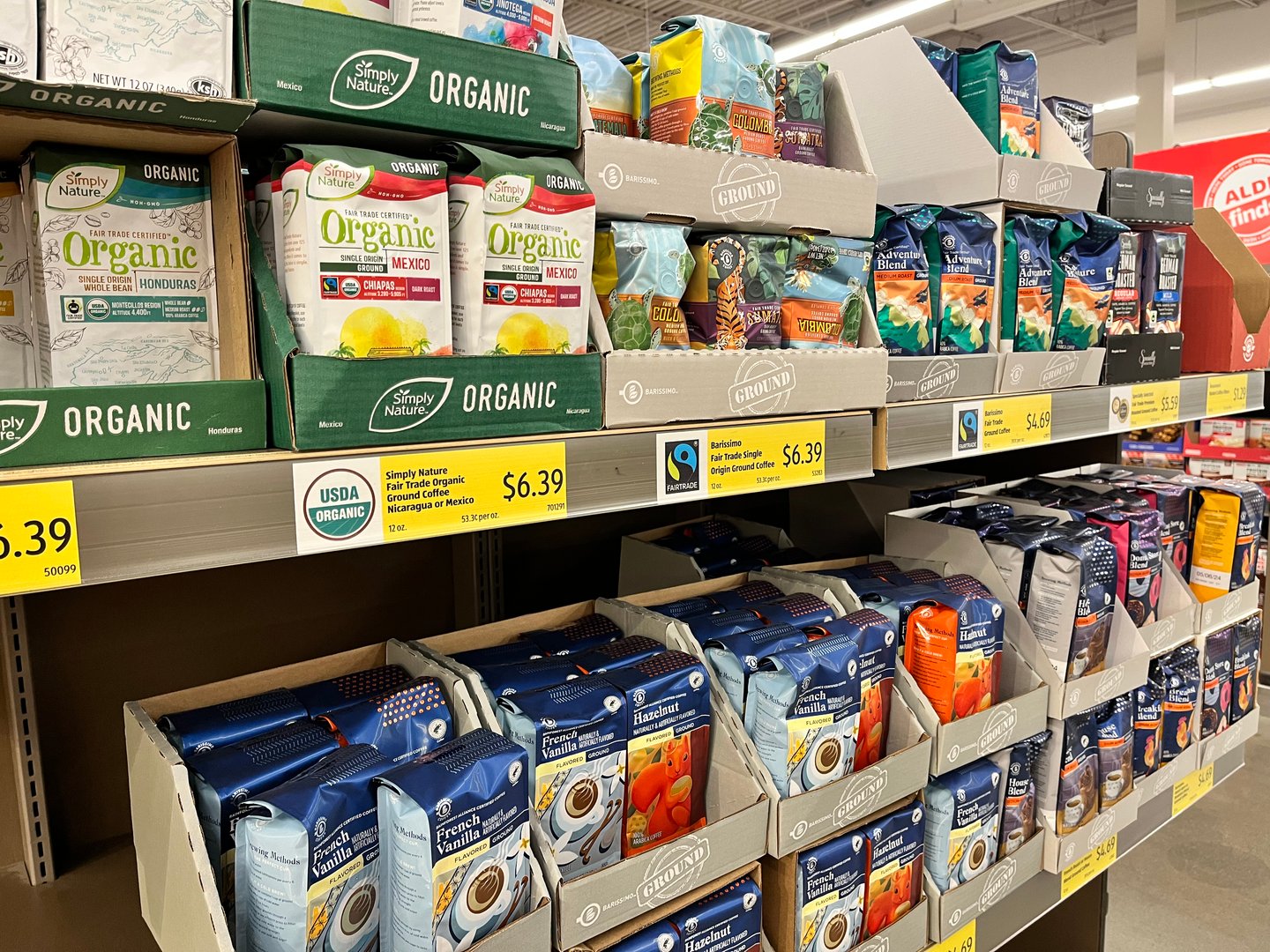New FMI Report Reveals Private Brands Growth Opportunity
An overwhelming number of respondents to FMI’s latest private brands survey said they are planning to increase investments in store brand products, with those results also showing a great deal of opportunity for growth.
The recently released The Power of Private Brands 2023: Innovation that Drives Winning Private Brands report found that eight in 10 retailers will increase investments moderately or significantly over the next two years. That increased level of investment should fill some gaps in the marketplace as only 10% of those same respondents said their companies are “very far along” with innovation.
“After temporary pauses to some innovation efforts because of pandemic supply disruptions and on-going consolidation many food retailers are ready to jumpstart innovation in collaboration with their supplier partners,” said Doug Baker, FMI Vice President, Industry Relations. “Respondents said that while new products are always an important part of innovation, the efforts need to go well beyond new item introductions, including focusing on branding, purchasing, logistics, inventory management, marketing and more.”
Baker added that consumer demand for information about the products they use and consume has remained at an all-time high. For example, many consumers now take a hybrid shopping approach, using in-store and digital touchpoints to seek out package claims.
Store Brands and FMI have teamed to host a webinar on Thursday, June 15, to further detail the Power of Private Brands report, taking closer look at its key findings. Register for the webinar here.
The report outlines how grocers say they are capitalizing on shopper behaviors to market private-brand products in multiple ways:
- Using labels to provide transparency and talk about value beyond cost savings, including how and where ingredients are sourced.
- Switching from a brand they usually buy to a different brand that provides more in-depth product information beyond the physical label, creating an opportunity for grocers to utilize SmartLabel and other digital tools.
- Focusing on sustainable packaging and using labels to relay stories about food producers, and recycling information.
- Building consistent brand experiences across digital channels and using social media and ecommerce platforms to promote store brands.
- Incentivizing repeat customers with loyalty programs like discounts and points systems.
“Inflation-driven price increases throughout the store have also spiked significant consumer interest in private brands as shoppers look for ways to stretch their grocery dollar farther, with nearly 77% of customers who are already purchasing private brands say they expect to buy even more in the future,” Baker added.


